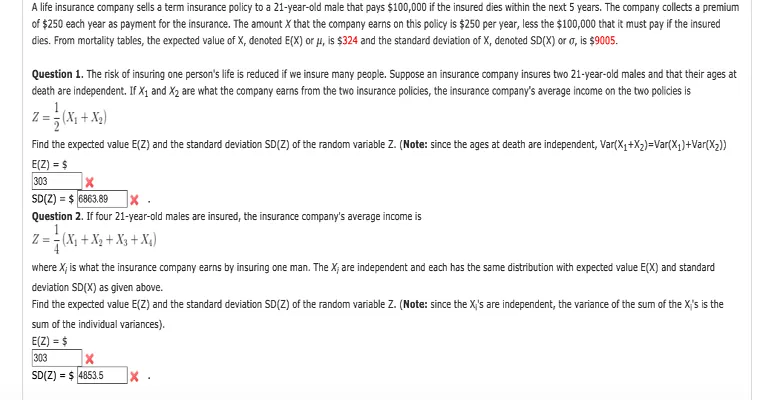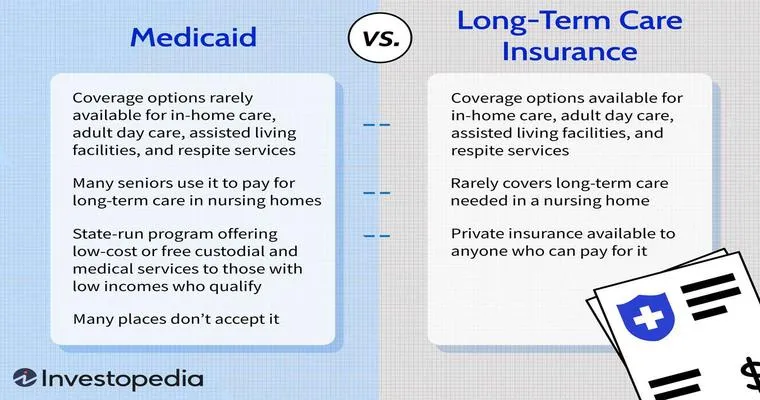Finding "long-term care" and "diagnosis solutions" for a loved one can be one of the most challenging experiences, especially when it involves a parent. If you are facing the situation of your 65-year-old mother experiencing "rapid mental decline", it is crucial to take timely and informed steps to ensure she receives the best possible care. This article will guide you through the process of assessing her needs, exploring options for care, and seeking appropriate medical advice.
Understanding the Situation
Before diving into care solutions, it's essential to understand the nature of your mother's mental decline. Symptoms such as memory loss, confusion, changes in mood, and difficulty with daily activities can be indicative of various conditions, including dementia or other cognitive impairments. Consulting with a healthcare professional for an accurate "diagnosis" is the first step in formulating a care plan. This can include neuropsychological assessments, blood tests, or brain imaging techniques to rule out treatable causes.
Seeking Professional Help
Once you have a diagnosis, consider involving specialists such as geriatricians, neurologists, or psychologists who focus on elderly care. They can provide valuable insights into your mother's condition and recommend appropriate "treatment options". It's important to ask questions about the prognosis, available therapies, and any medications that may help manage her symptoms.
Exploring Long-Term Care Options
When it comes to "long-term care", there are various options to consider based on your mother's needs:
1. "In-Home Care Services": If your mother prefers to stay at home, hiring professional caregivers can provide assistance with daily tasks, medication management, and companionship. This option allows her to maintain her independence while receiving the support she needs.
2. "Adult Day Care Programs": These programs offer a structured environment for social interaction and activities while providing caregivers a break. Adult day care centers can cater to individuals with cognitive impairments and often include specialized programs to stimulate mental engagement.
3. "Assisted Living Facilities": If your mother's needs are more complex, assisted living might be the right choice. These facilities provide a balance of independence and support for residents who require help with daily activities but do not need 24-hour nursing care.
4. "Nursing Homes": For those who need more intensive medical care, nursing homes offer round-the-clock supervision and care by licensed professionals. This option is usually best for individuals with significant health challenges or advanced cognitive decline.
Financial Considerations
Navigating the financial aspects of long-term care can be daunting. Investigate various funding sources such as Medicare, Medicaid, long-term care insurance, and veteran benefits. Speaking with a financial advisor specializing in elder care can help you understand your options and make informed decisions.
Supporting Your Mother
In addition to finding appropriate care, it's vital to support your mother emotionally throughout this transition. Encourage open communication and involve her in decision-making as much as possible. Maintaining a sense of dignity and independence can greatly improve her quality of life.
Conclusion
Finding "long-term care" and "diagnosis solutions" for your 65-year-old mother following rapid mental decline is a journey that requires patience, compassion, and a proactive approach. By understanding her condition, seeking professional help, exploring various care options, and addressing financial considerations, you can help ensure she receives the best care possible. Remember to prioritize her emotional well-being and involve her in the process, fostering a supportive environment during this challenging time.





